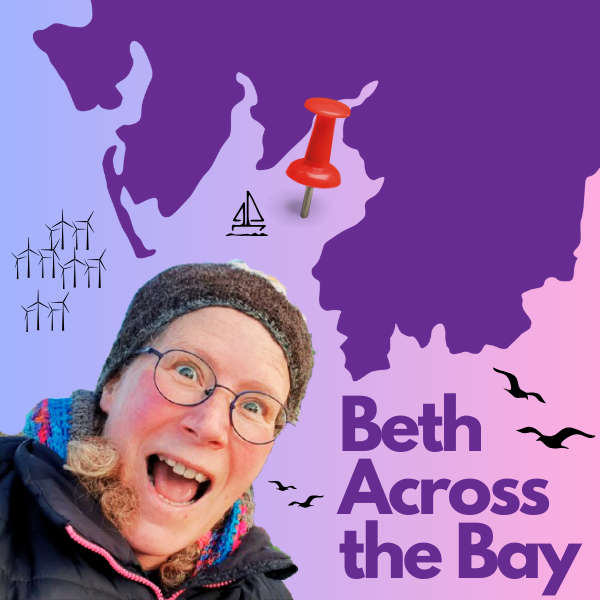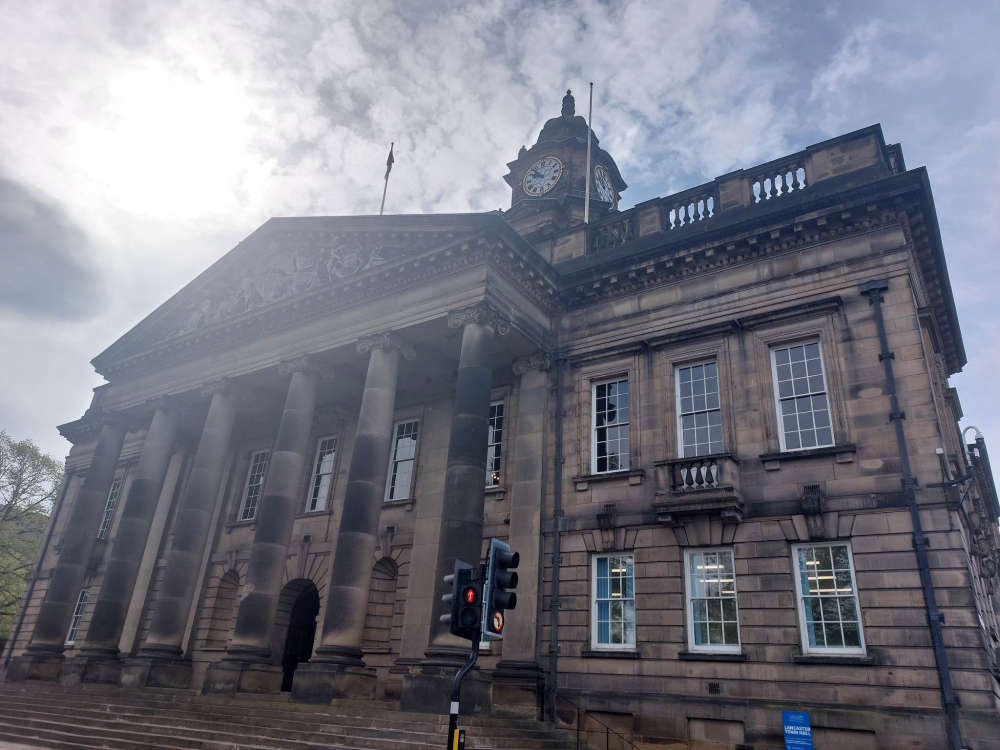
Lancaster City Council has been given until March 21 to explain how it will reorganise under local government shake-up plans which could see the council scrapped.
The council is being asked to submit outline plans next month on how it will merge with at least two other districts in Lancashire to meet the government’s call for new bigger unitary councils.
Current proposals on the table could see the Lancaster and Morecambe District merged with Blackpool unitary and Wyre district councils, and possibly Fylde, or Preston Council and Ribble Valley.
This follows the government's announcement of plans to introduce large mayoral combined authorities as part of a devolution white paper in December 2024.
Labour's Deputy Prime Minister Angela Rayner pledged to end "micromanaging by central government" and said she wanted every region of England to have a mayor.
Under the proposals, the government wants to merge areas where there are currently two tiers of local authority - smaller district and larger county councils - in a bid to streamline services.
Green councillors have launched a petition ‘Stop the government’s rush to abolish Lancaster City Council’ which has more than 800 signatures to date.
The Greens are the largest group on the city council, and make up the coalition cabinet alongside Liberal Democrats and a Morecambe Bay Independent.
Gina Dowding, Green councillor on both Lancaster City and Lancashire County Council, has slammed the government's plans, saying they had "nothing to do with giving residents more say and control over what happens in their area".
“The Labour government is talking about ‘devolution’ which most people understand to be about decisions being made at a more local level," said Councillor Dowding.

"But in reality it is continuing the previous Conservative government’s push for new ‘Strategic Authorities’ which cover an even larger footprint than either district or county councils. This will mean decisions about planning for housing developments and transport investment being made further away from the affected areas.
"Labour wants these new Strategic Authorities to be run by an elected mayor. The result is more power in fewer hands. This is not likely to result in better decisions.
“Meanwhile the additional focus on ‘local government reorganisation’ has nothing to do with giving residents more say and control over what happens in their area. Creating new councils will be costly, cause disruption to service provision and there is no evidence that this will save money.
“I am distrustful of the government’s rush to push through changes that will last for decades, without due consideration of the drawbacks for local people. There are really big questions facing the future of local councils – not least about how adult social care is funded in the future.
"Sorting this out would solve some of the problems facing the NHS. If this government wants growth and better services, imposing a mayor and unitary councils is not the answer. This is a sleight of hand being rushed through with almost indecent haste.”
A motion passed by Lancaster City Council in January, noted that the council's leadership "has not been involved in discussions or asked for its views before publication".
It also noted that the UK already stands out in Europe as having a very high local authority population size; that Lancaster City Council previously supported the creation of a Bay Unitary Authority, backed by councillors from all five political groups on the council, which would have served a smaller population of 300,000 that better reflected community identity. This was rejected by Government in July 2021.
The council agreed to "oppose the current basis of local government reorganisation in Lancashire, and its insistence on creating unitary councils required to service huge populations of around 500,000 people"; "to push for and plan for a ‘referendum’ or meaningful far-reaching consultation on the matter to ascertain the views of local people before any specific realignment of district councils takes place which affect Lancaster City Council’s residents", "to mandate the leader of the council and the executive to build on existing arrangements with Lancashire authorities where shared services deliver better value for money and to develop a shared vision for the future"; and "to send a letter requesting that our two MPs work alongside the City Council to achieve the best possible outcome for local people with respect to the future structure of local governance".
The motion, proposed by Green councillor Sally Maddocks and seconded by Liberal Democrat councillor Joyce Pritchard, was passed by 30 votes to 24 at the Lancaster City Council meeting on January 22.
This followed a lengthy debate on an amendment to the motion, proposed by Labour councillor Martin Gawith (below) and seconded by his colleague Joanne Ainscough.

The amendment called for the council to "work with other local authorities and partner agencies to create the most effective authorities that can deliver the full range of local authority services", "to continue to work with existing Lancashire authorities to improve shared services", "to support the formation of a Lancaster Town Council and any other non-parished communities are made parishes (eg Heysham) and work alongside any unitary authority to enable true localism and generate real political entrepreneurship in Lancaster", and to send a letter "requesting that our two MPs work alongside the City Council to achieve the best possible outcome for local people with respect to the future structure of local governance.”
This motion was defeated by 30 votes to 24.
Councillor Ainscough, posting on the Beyond Radio Facebook page this week, said: "The main options on the table at the moment are a three and four unitary options.
"The four unitary (East, West, North and South Lancs) in my opinion seems to be the best solution but that does mean that it doesn’t quite hit the 500k mark for population but does more or less hit the lower 350k population mark that ministers have indicated would be acceptable especially in a county like ours that is geographically diverse.
"It is true that it’s a massive change but it’s about economies of scale, much of what a council does is repeated across districts and larger authorities mean that costs can be rationalised.
"It does also mean that there will be less councillors per head of population - so for instance in the West End that I represent, we currently have five town councillors, three city councillors and one county councillor. Many people may think that’s a good thing, others not so much.
"The town representation won’t change but the city and county representation will.
"Town and parish councils will be the lowest level of government and will play an increasingly important role with possibly more localised powers whilst the larger responsibilities such as roads, social care, waste disposal etc will be looked after by the unitaries.
"There are pros and cons on both sides but it’s really important that the city council engages properly with the process and gets the best deal for the people it is responsible for.
"No matter what side of the debate you sit on, anything less than that is a failure of leadership."
Councils, including 15 in Lancashire, have been given a deadline of March to submit initial plans for how they will reorganise themselves into new authorities.
Jim McMahon OBE, Minister for Local Government and English Devolution, has set out a timetable for them to work together to come up with a plan of how it will work in the county.
In it he said: "This is a once in a generation opportunity to work together to put local government in your area on a more sustainable footing, creating simpler structures for your area that will deliver the services that local people and businesses need and deserve."
Lancashire has already formed a combined county authority made up of the Conservative-led Lancashire County Council, Blackburn with Darwen Council, and Blackpool Council.
Its first meeting is scheduled for March.
Residents of the Lancaster and Morecambe District are served by Lancashire County Council, whose services include roads, schools and social care; Lancaster City Council whose responsibilities include collecting bins, street cleaning and several parks and public buildings; and parish councils including Morecambe Town Council which has the contract for weeding services districtwide, and provides grants to local organisations and events.
Lancaster MP’s concern over ‘one size fits all’ proposed local council changes - Beyond Radio



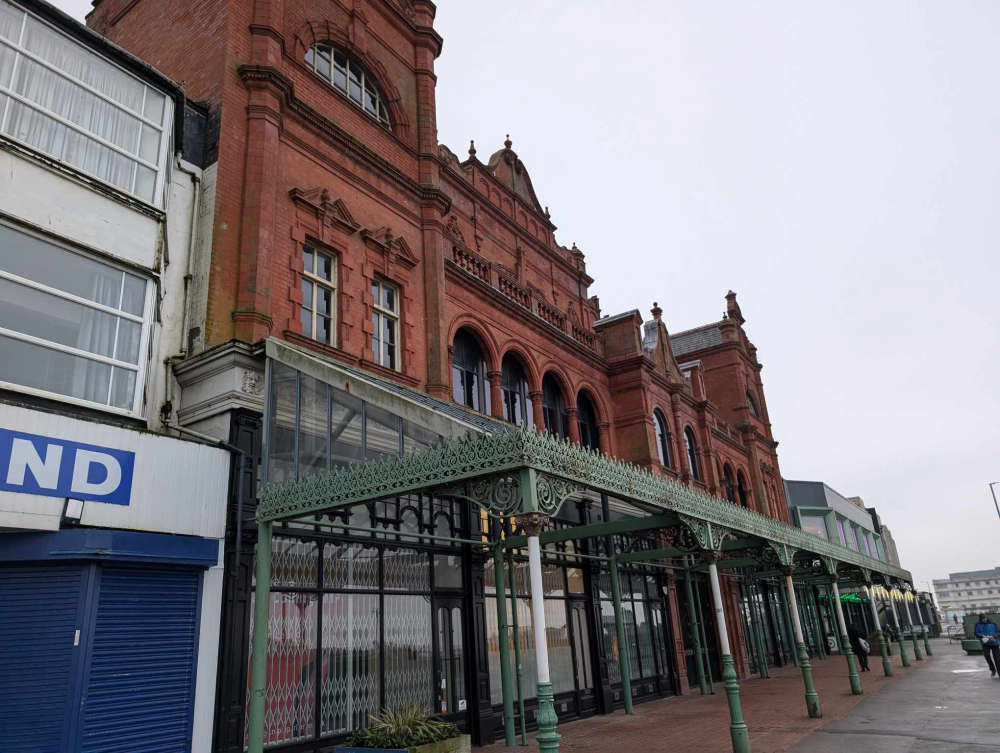 Morecambe Winter Gardens to open to public for new season
Morecambe Winter Gardens to open to public for new season
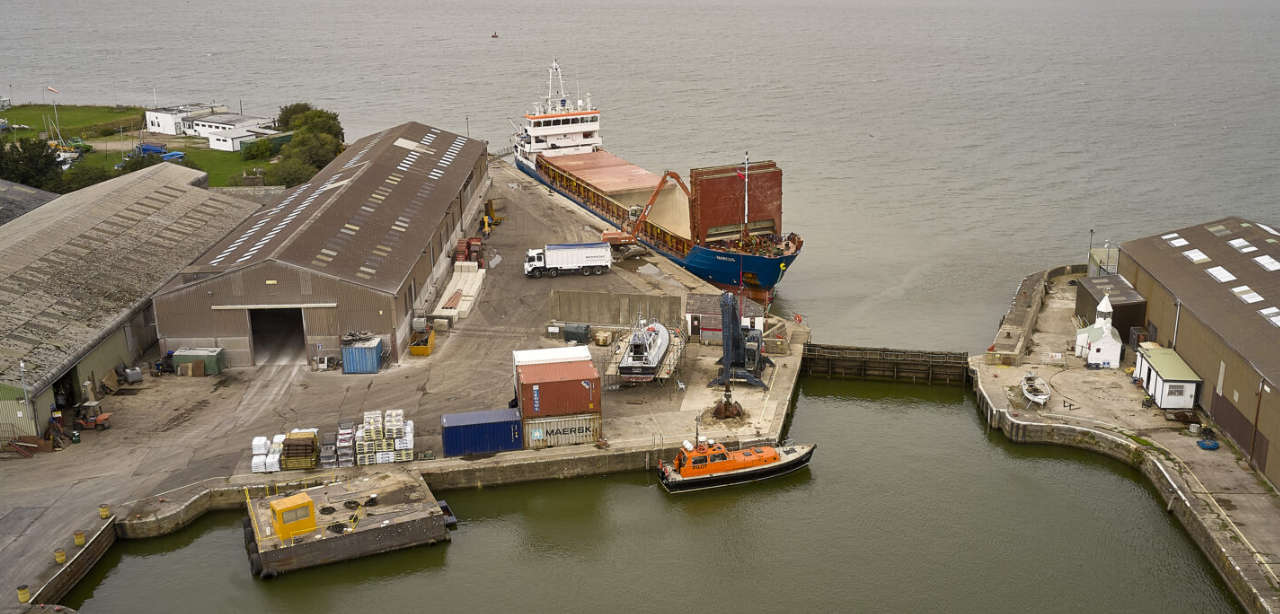 Cash for repairs to Lancaster Port gate announced in £6.5m flood defence package
Cash for repairs to Lancaster Port gate announced in £6.5m flood defence package
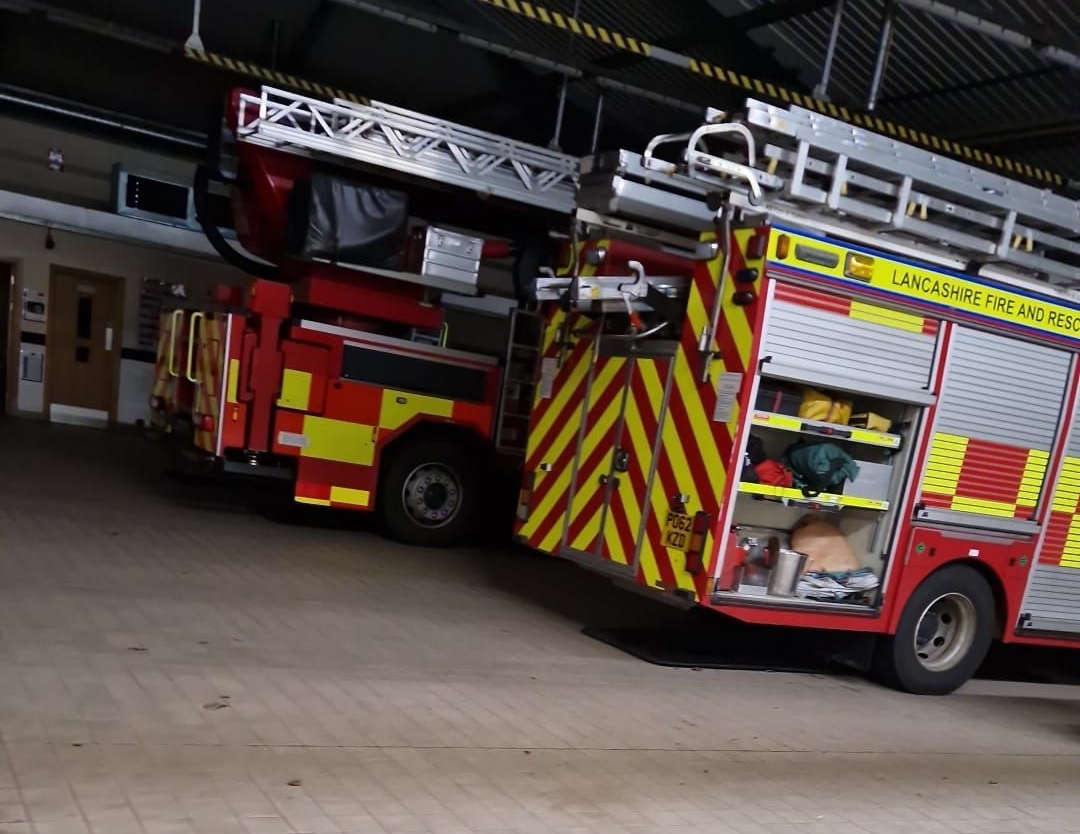 Carnforth fire crews issues safety advice after tackling blazes in the open
Carnforth fire crews issues safety advice after tackling blazes in the open
 EXCLUSIVE: Battle of Britain Dakota display announced for Armed Forces Day in Morecambe
EXCLUSIVE: Battle of Britain Dakota display announced for Armed Forces Day in Morecambe
 Heysham school to open new nursery after government cash boost
Heysham school to open new nursery after government cash boost
 Local election candidates announced
Local election candidates announced
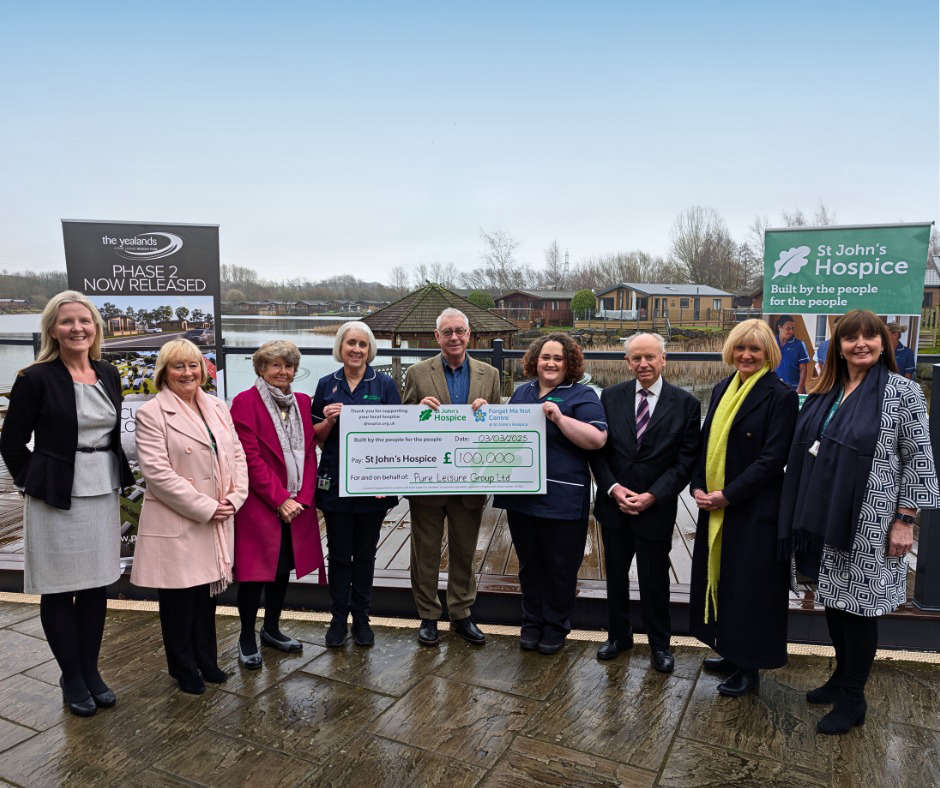 Holiday park empire donates £100K to Lancaster hospice
Holiday park empire donates £100K to Lancaster hospice
 Lancaster and Morecambe events will 'Spring into Action' over food
Lancaster and Morecambe events will 'Spring into Action' over food
 Lancaster City Council shortlisted for four local government awards
Lancaster City Council shortlisted for four local government awards
 Man pleads guilty to Heysham murder
Man pleads guilty to Heysham murder
 Driest March in Lancaster since records began
Driest March in Lancaster since records began
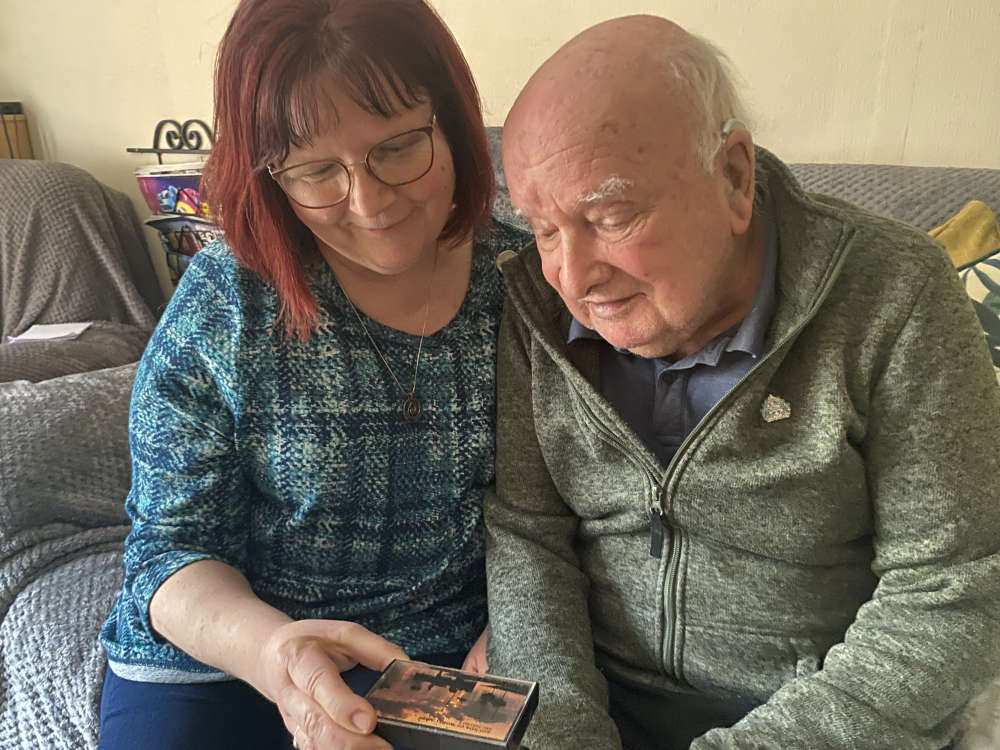 Pioneering Morecambe 'podcast' from 1980s unearthed after 44 years
Pioneering Morecambe 'podcast' from 1980s unearthed after 44 years
 Lorry driver from Morecambe arrested after positive roadside drug test
Lorry driver from Morecambe arrested after positive roadside drug test
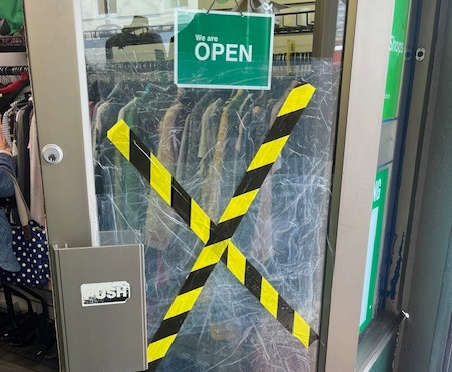 Hundreds raised after vandalism to Lancaster hospice shop
Hundreds raised after vandalism to Lancaster hospice shop
 Plans under way to bring spring flowerbed planting back to Morecambe
Plans under way to bring spring flowerbed planting back to Morecambe
 New cycle and pedestrian friendly crossing completed in Morecambe
New cycle and pedestrian friendly crossing completed in Morecambe
 INTERVIEWS: Morecambe Bay visitor guide launched with high hopes for tourist season
INTERVIEWS: Morecambe Bay visitor guide launched with high hopes for tourist season
 Council looking at ways to fund £1m refurb of village hall in Carnforth
Council looking at ways to fund £1m refurb of village hall in Carnforth
 Pan-disability game at Morecambe FC will raise awareness of autism
Pan-disability game at Morecambe FC will raise awareness of autism
 Morecambe lifeboat crew respond to reports of ‘flashing lights and red flares’
Morecambe lifeboat crew respond to reports of ‘flashing lights and red flares’



